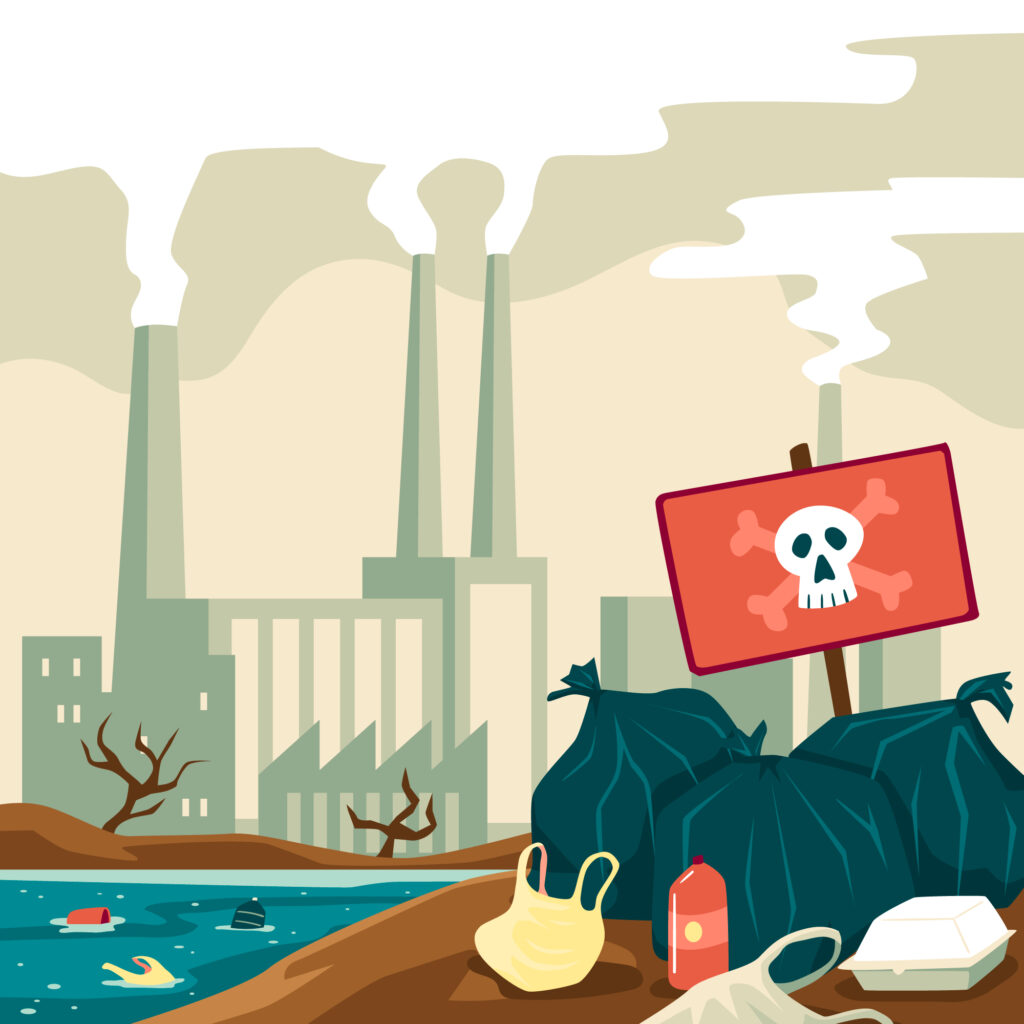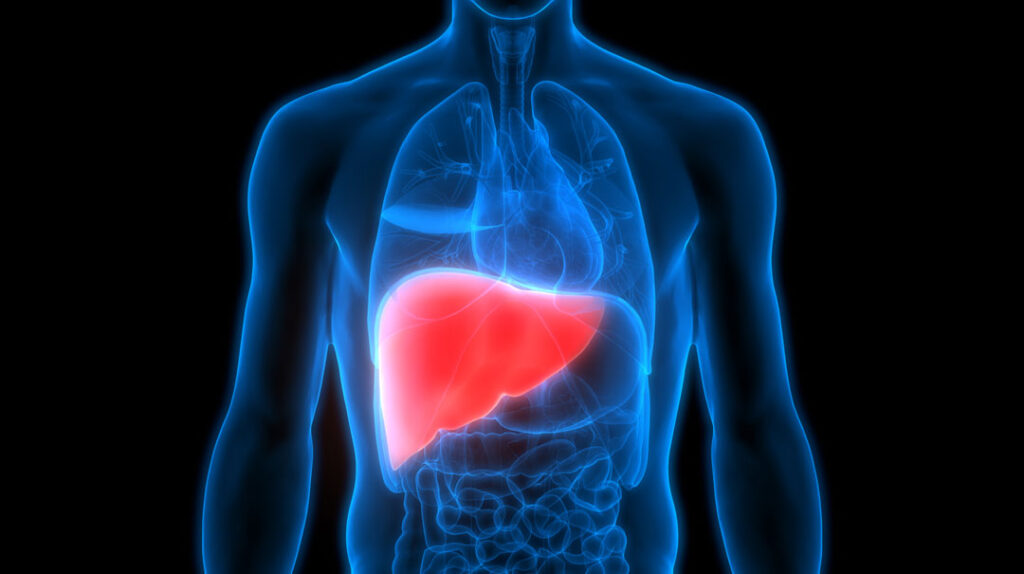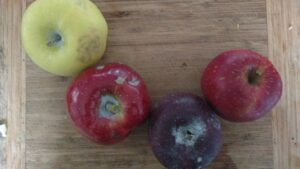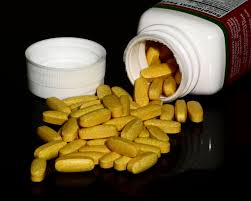Time for a Spring Cleanup!
If you think you may be carrying around a toxic burden, there is some good news. Making some simple diet and lifestyle changes can have a big impact on decreasing your exposure and increasing your body’s ability to mobilize and get rid of toxins.
Several easy ways to increase your body’s natural elimination of toxins are:
- Stay well hydrated: Drinking a minimum of 64oz of water a day is important for helping to flush toxins out through the kidneys.
- Have regular bowel movements: One of the prime routes for toxins to leave our bodies is through the bowels. Constipation leads to impaired elimination and actually increases the reuptake of toxins from the gut. Staying well hydrated, getting regular exercise, and getting plenty of fiber in your diet can help make sure that you are having one to two bowel movements a day. If you are suffering from constipation, make an appointment with me today so that we can improve your elimination!
- Exercise regularly: Moving your body helps to keep the lymph and circulation moving which helps to flush toxins out of your tissues.
- Eat cruciferous vegetables: Cruciferous vegetables such as broccoli, cauliflower, cabbage, and kale have compounds in them that help to promote proper detoxification.
- Drink green tea: Green tea contains compounds that help to mobilize toxins from fat and helps to make sure that those toxins get excreted in your stools. Two cups a day is a great place to start.
- Eat more fiber: The consumption of both soluble and insoluble fibers have been shown to increase the excretion of numerous toxins In addition it helps to prevent constipation and can optimize your gut ecology. Good sources of fiber include whole grains, fruits, vegetables and legumes.
Several easy ways to minimize your toxic exposure are:
- Avoid Fish High in Mercury: While the right fish can be a healthy part of the diet and a good source of omega-3 fatty acids the wrong fish can be a major source for the heavy metal mercury. Fish with the highest mercury levels include tuna, tilefish, swordfish, and sea bass. Alaskan salmon, sardines, shrimp, tilapia, soul, and haddock tend to be low in mercury. A pocket guide to mercury levels in fish can be downloaded at: www.nrdc.org/health/effects/mercury/walletcard.PDF
- Avoid Farm Raised Salmon: Farm raised salmon can be contaminated with high levels of PVBs, dioxins and chlorinated pesticides. If it doesn’t say that it is wild Pacific or Alaskan salmon don’t eat it! In general, if it is labeled as Atlantic salmon, it is farmed salmon.
- Use a water filter in the kitchen and shower: City water supplies and well water are often contaminated with low levels of lead and other heavy metals, chlorine, as well as pesticide and other environmental toxin residues. In the shower, these toxins can become aerosolized and breathed in.
- Eat organic foods: Our food supply is full of pesticides, herbicides, hormones, and antibiotics. By choosing clean foods it helps to reduce our exposure to toxic compounds. The Environmental Working Groups Dirty Dozen and Clean Fifteen lists can be helpful in trying to determine what fruits and vegetables you should purchase organically. Because animals accumulate and concentrate the toxins that they are exposed to, I advise minimizing your intake of animal products and when you do eat them, make sure that they are organic. The Environmental Working Group’s Dirty Dozen and Clean Fifteen lists can be found here: EWG’s 2024 Shopper’s Guide to Pesticides in Produce
- Leave your shoes at the door: Shoes get covered with all of the pollutants outside and when worn inside track them all in increasing our exposure. This is particularly important in households with children who may be spending a lot of time on the floor. Skip the dry cleaning: The solvents used in dry cleaning are highly toxic and have been found to be elevated in homes for over 48 hours after the clothes were brought inside. A new process known as wet cleaning is far less toxic and works just as well. There are cleaners in most areas that offer this. If you do have clothes dry cleaned let them air out in the garage or outside for forty-eight hours before bringing them into the house.
- Don’t use nonstick pans: Nonstick pans give off a compound called Polyfluoroalkyl chemicals (PFCs) which cause neurological and thyroid impairment and are associated with increased risk of ADHD and high cholesterol.
- Fill your house with house plants: Plants in your house can help to clean the air of potentially harmful toxins. According to research by NASA, the top plants for cleaning the air in your house include English ivy, philodendrons, spider plant, golden pothos, gerbera daisy, chrysanthemums, Boston fern, corn plant, dracaena, Ficus and rubber trees.
Following some of these recommendations will go a long way towards helping to decrease your toxic load. In addition, periodically embarking on a focused detoxification program can help give the liver a break and allow it to catch up on clearing your toxic load. In cases of more severely impaired detoxification or elevated toxic load, a more comprehensive detoxification program may be necessary. In addition, it is important to make sure that you are detoxifying at a rate that your body can handle to avoid a potential worsening of your symptoms.
To determine if you may have an increased toxic load, complete the Detoxification Questionnaire.
Dr. Knight can help you to customize a safe and effective detoxification program that is appropriate for you. Call today for more information or to schedule an appointment to begin your journey to a cleaner you!








